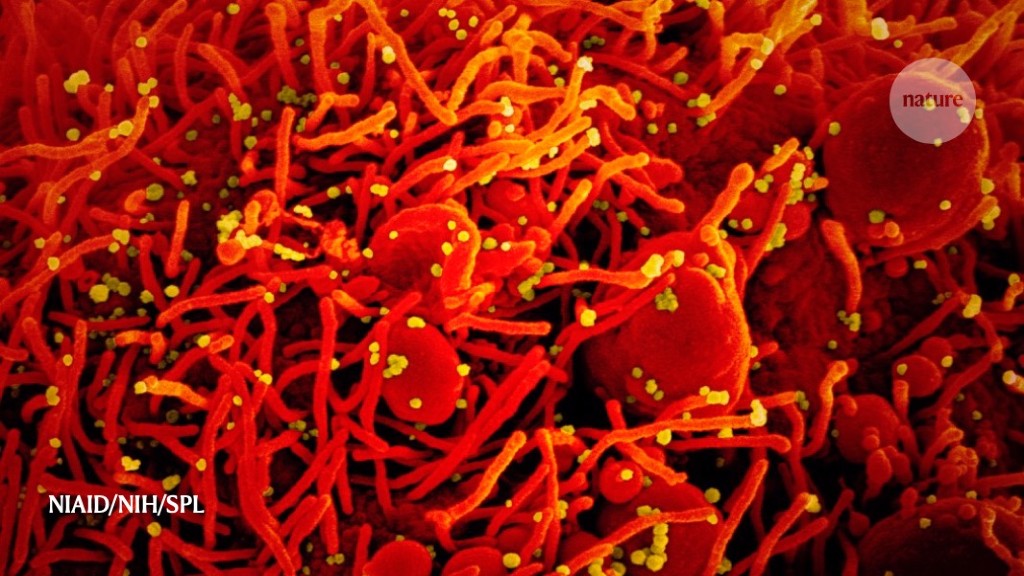Coronavirus reinfections: three questions scientists are asking (nature.com)

When news broke last week that a man living in Hong Kong had been infected with the coronavirus again, months after recovering from a previous bout of COVID-19, immunologist Akiko Iwasaki had an unusual reaction. “I was really kind of happy,” she says. “It’s a nice textbook example of how the immune response should work.”
For Iwasaki, who has been studying immune responses to the SARS-CoV-2 virus at Yale University in New Haven, Connecticut, the case was encouraging because the second infection did not cause symptoms. This, she says, suggested that the man’s immune system might have remembered its previous encounter with the virus and roared into action, fending off the repeat infection before it could do much damage.
But less than a week later, her mood shifted. Public-health workers in Nevada reported another reinfection — this time with more severe symptoms. Was it possible that the immune system had not only failed to protect against the virus, but also made things worse? “The Nevada case did not make me happy,” Iwasaki says.
Duelling anecdotes are common in the see-saw world of the COVID-19 pandemic, and Iwasaki knows that she cannot draw firm conclusions about long-term immune responses to SARS-CoV-2 from just a few cases. But in the coming weeks and months, Iwasaki and others expect to see more reports of reinfection, and, in time, a picture could emerge of whether the world can rely on the immune system to end the pandemic.
As data trickle in, Nature runs through the key questions that researchers are trying to answer about reinfection.
- Log in to post comments